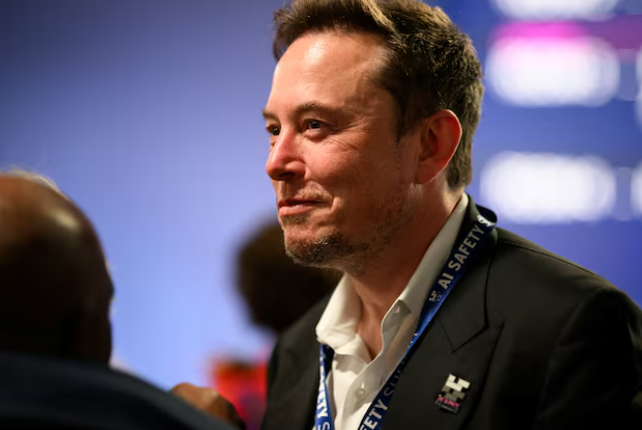Billionaire entrepreneur Elon Musk expanded his lawsuit against OpenAI, accusing the ChatGPT creator and its largest financial backer, Microsoft, of engaging in illegal practices to monopolize the generative AI market and undermine competitors. Musk filed the amended lawsuit on Thursday night in federal court in Oakland, California, adding federal antitrust and other claims to his original complaint.
Musk’s lawsuit alleges that OpenAI and Microsoft collaborated to stifle competition and achieve market dominance, violating antitrust laws. It accuses OpenAI and its CEO, Samuel Altman, of prioritizing profits over the public good, breaching contractual provisions in the process.
In his filing, Musk criticized OpenAI’s transformation from a tax-exempt charity to a $157 billion for-profit powerhouse within just eight years. The lawsuit demands that the court void OpenAI’s license with Microsoft and force both companies to surrender their alleged “ill-gotten” gains.
OpenAI dismissed the expanded lawsuit as “even more baseless and overreaching than the previous ones.” Microsoft declined to comment on the legal developments.
Musk’s attorney, Marc Toberoff, condemned Microsoft’s actions, stating, “Microsoft’s anticompetitive practices have escalated. Sunlight is the best disinfectant.”
Musk’s opposition to OpenAI has intensified over the years. Although he co-founded the startup, it has since risen to prominence in the generative AI field through billions of dollars in funding from Microsoft, drawing Musk’s criticism.
The amended lawsuit accuses OpenAI and Microsoft of forcing investment opportunities to hinge on agreements that excluded rival companies. It also argues that their exclusive licensing agreement functions as an unapproved merger that violates regulatory standards.
In a previous court filing, OpenAI accused Musk of using the lawsuit to harass the company and advance his own competitive interests.

